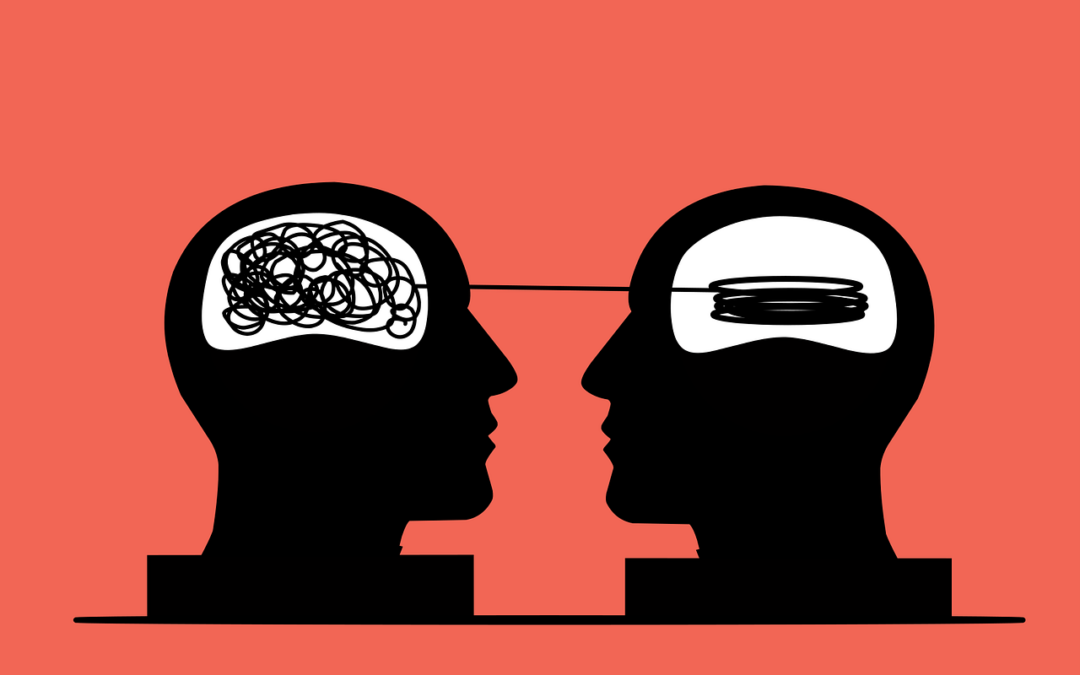The last few years have been some of the most stressful for Americans. Between a pandemic, a recession, record-high inflation, sociopolitical turmoil, and a war raging overseas, it’s no wonder that people are feeling unusually stressed, anxious, panicked, depressed…or some combination of all these emotions!
After several years, this chaotic cocktail of emotions has taken a toll on our collective mental health. More people than ever are seeking help—whether via talk therapy or medication—to address these chronic conditions. But, with so many emotions in play…how do we know which to treat?
Let’s take a look at the differences between stress, anxiety, and depression.
Stress
Stress is our body’s natural response to external threats. When our body senses an impending threat, it releases adrenaline and cortisol—our “stress” hormones—to prepare our body to take action.
The physical symptoms of stress include:
-
- Increased heart rate
- Quickening breath
- Increased reaction time
- Increased strength
Stress, if left untreated, can lead to physical health issues, including high blood pressure, diabetes, obesity, and a weakened immune system.
Reducing stress comes down to making positive lifestyle changes: exercising daily, eating a nutritious well-balanced diet, and establishing a consistent daily routine to give you a better sense of control in your life.
Anxiety
Anxiety looks a lot like stress; the symptoms are almost identical. The difference, however, is that—with anxiety—daily stressors get “stuck” in the brain, and become repetitive loops of worry that play over and over again. Furthermore, certain events or triggers may exacerbate anxiety symptoms.
Treatments for anxiety include:
-
- Meditation and mindfulness
- Yoga or other forms of exercise
- Journaling
- Anti-anxiety medications can help with severe, clinical anxiety
If left untreated, chronic anxiety can become clinical depression, which will likely require professional intervention.
Depression
When someone feels persistently sad or hopeless for at least two consistent weeks, they are said to be clinically depressed. The symptoms of depression include:
-
- Loss of energy
- Changes in appetite; over- or under-eating
- Weight gain or loss
- Changes in sleep patterns, or quality of sleep
- Lack of interest in hobbies or social activities
First-line depression treatments include antidepressant medications and talk therapy, though there are several natural treatments for depression that can support the use of medication. For example, exercise and a well-balanced diet can have a significant impact on the symptoms of depression. Mindfulness, journaling, self-care, and staying connected with your support network—friends, family, and loved ones—can also help relieve the symptoms of depression. If holistic depression treatments and antidepressants fail to provide enough relief, then ketamine infusions may be an option.
If you are struggling with any (or all) of these conditions, the best course of action is to seek professional help. If you have been struggling to treat your anxiety or depression—and no medication has proven effective—please contact us about ketamine therapy. We offer in-home ketamine infusions in the Boston area, as well as ketamine treatments at our facility in Woburn, MA. Complete the brief form below to contact Emerge Ketamine and find out if you are a candidate for ketamine therapy today!
Contact Emerge Ketamine
[ninja_form id=3]

